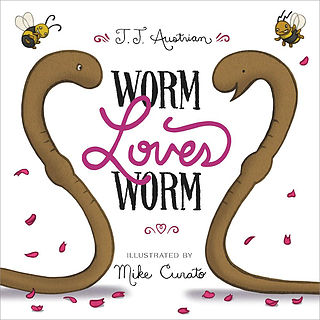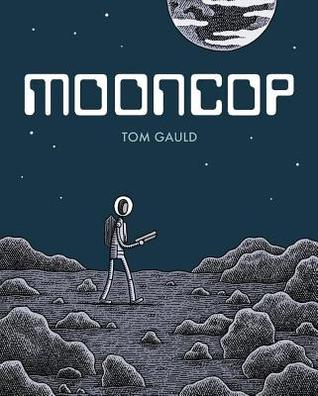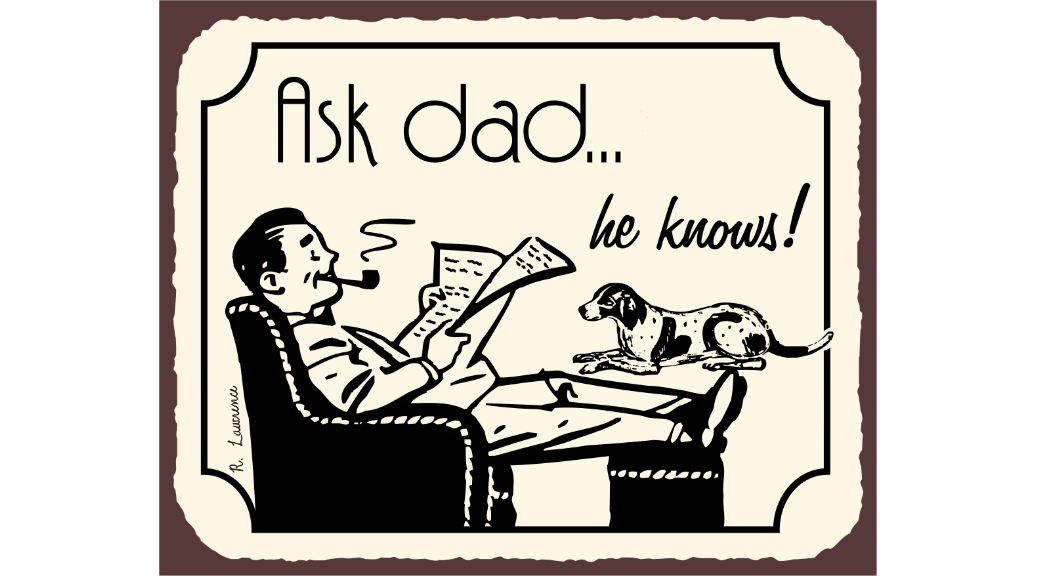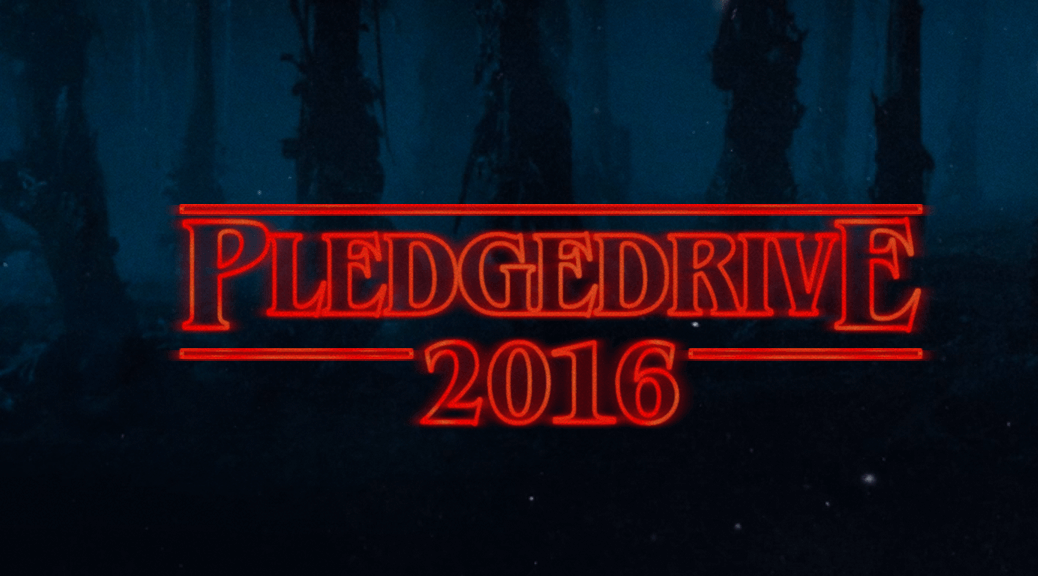I've made some pretty boneheaded parenting moves over the last month.
First: I left the baby sleeping on the bed while I went downstairs to get breakfast for the other kids. She seemed completely out. Of course she woke up a short time later, and didn't make a sound until she fell onto the floor. I think she probably had a mild concussion, given the way she was acting for the first half hour or so after the fall. I had a thing scheduled at work and I made plans to take her to the doctor after I got back from it, but she was back to her old self by the time I got home. Still, it was kind of horrifying.
Second: It took me more than a month to really respond to Aquinas' complaints of bullying before I took action. And it seems like that action was much needed, and has gone a long way towards correcting the problem (thank goodness for the fact that they're first graders, and still open to being good kids instead of blaming the one who told on them). My fear of ruffling feathers was too strong and my kid paid the price.
Third: And yet, in communicating about this issue, I may have inadvertently sent some signals that didn't exactly endear us or my kid to the teacher. I'm not quite sure why we can accurately observe that one kid is faster or stronger than a different one, but we can't observe that one is smarter than another? (I didn't straight up say anything like that, but I fear some unintended implications were taken (look, the class isn't particularly rigorous, and there is some classic "things are going too slow for him" stuff going on (I don't say this to brag about Aquinas, only to observe that this class is moving really slow. Halfway through the year and he's still doing math work that he did at this point in Kindergarten.)(also, he's absolutely going to keep getting 90% on everything you teach, no matter the difficulty, let's not act like 100% is needed to move on...))).
Fourth: Here's the biggie... I forgot my kid. I usually pick up Aquinas from school. If I can't, I arrange for him to take the bus to daycare. Well, I had a hearing out of town and... I forgot. So he walked to my office, per usual, only I wasn't there and the door was locked. So he started walking to the daycare, which is about a mile out of town. On the way there someone - a stranger to him (and us, but not other relatives) - stopped and offered a ride. He happily accepted because, as he put it, "he was tired of walking." The stranger brought him right to daycare (and apparently has done the same for other kids), so in a way it's a "no harm, no foul" situation. Except that my kid accepted a ride from a stranger. So... big time foul.
Anyway, I'm working at this parent thing. This morning I built a huge pillow barrier around the baby as she slept on the bed, and still went up and checked on her just about every other minute, and caught her just as she was waking up 6 minutes into me leaving her there... And I remembered to have Aquinas take the bus when I was gone on Tuesday. And I bribed him, so he got 100% on his spelling test last week. Maybe by the time they leave home I'll feel like I'm on the right track.















